Closing the climate funding gap is key to Canada's prosperity
Corporate Knights
NOVEMBER 18, 2024
T hree years ago, Canada enshrined its 2050 net-zero target into law. Bringing Canada’s greenhouse gas emissions to a level anywhere in the vicinity of zero, net or otherwise, in the next 30 years will require a radical departure from what we’ve seen the last three decades. Such an alignment is possible.


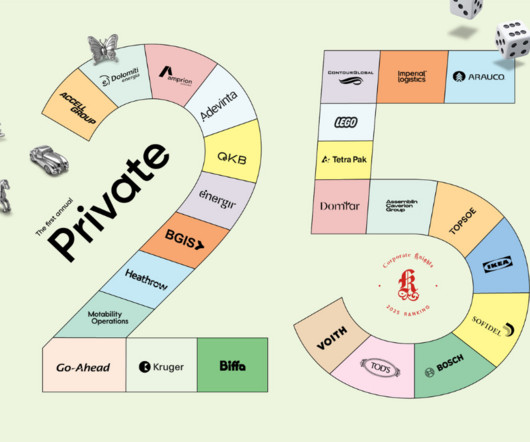

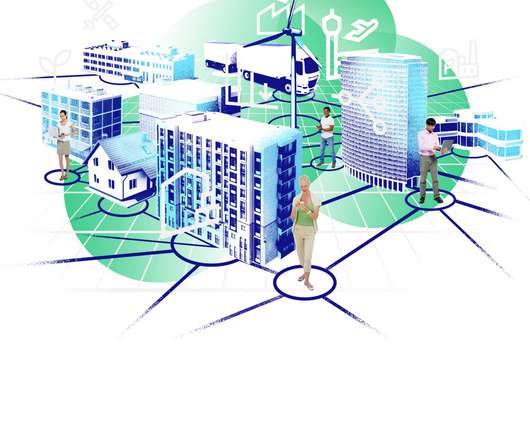





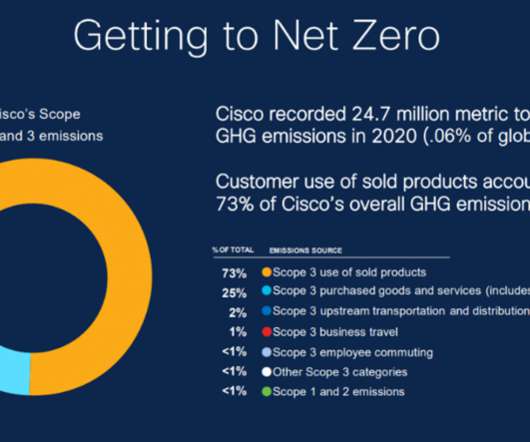


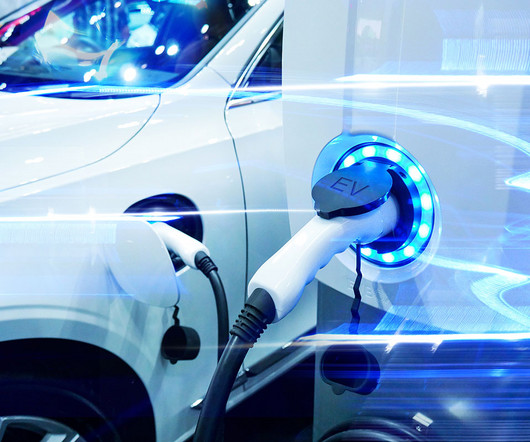

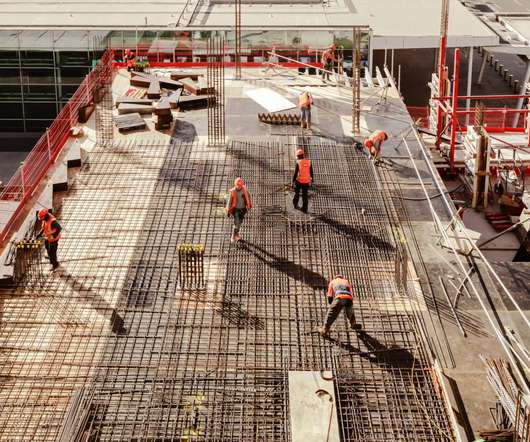






Let's personalize your content